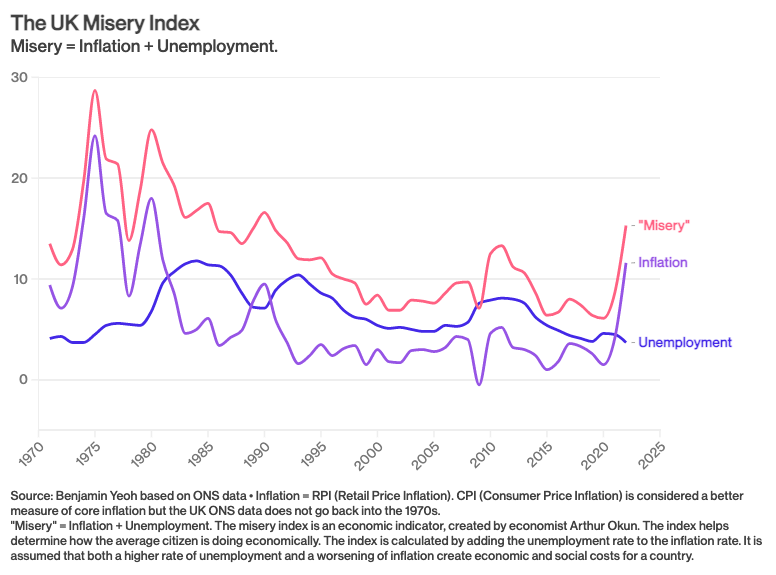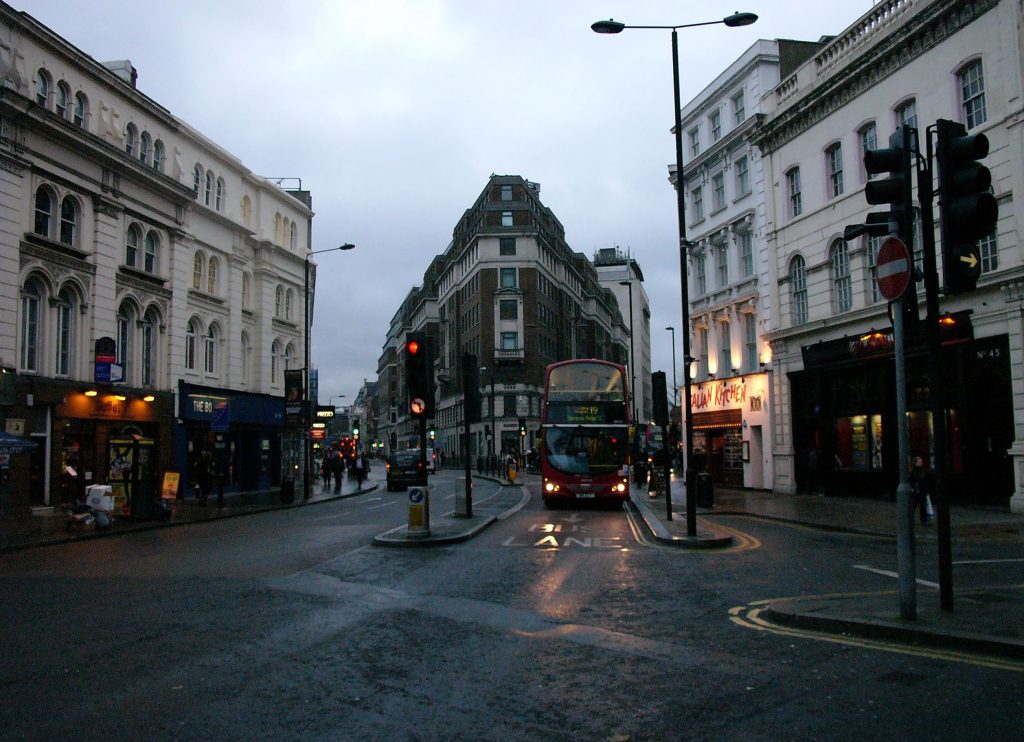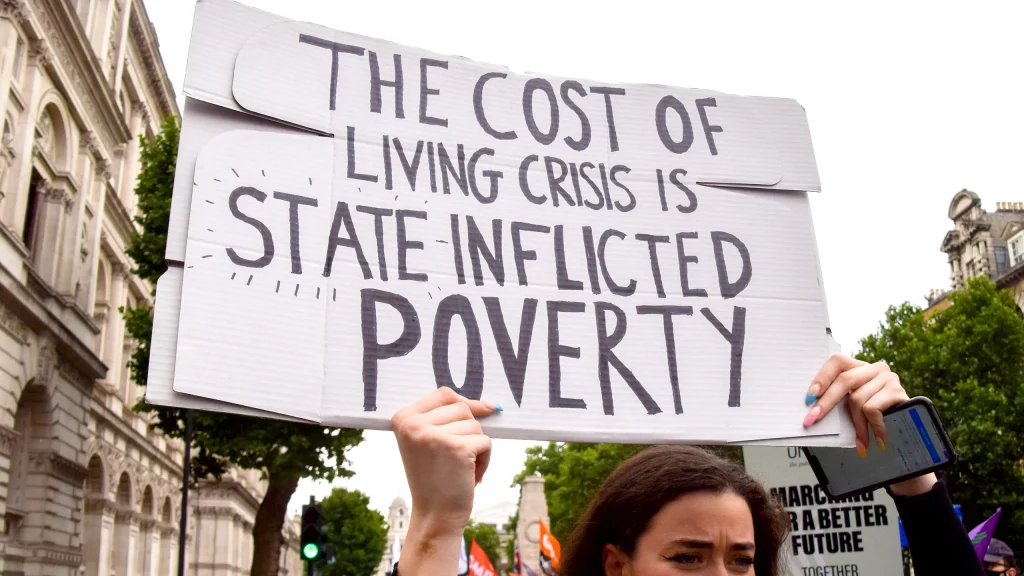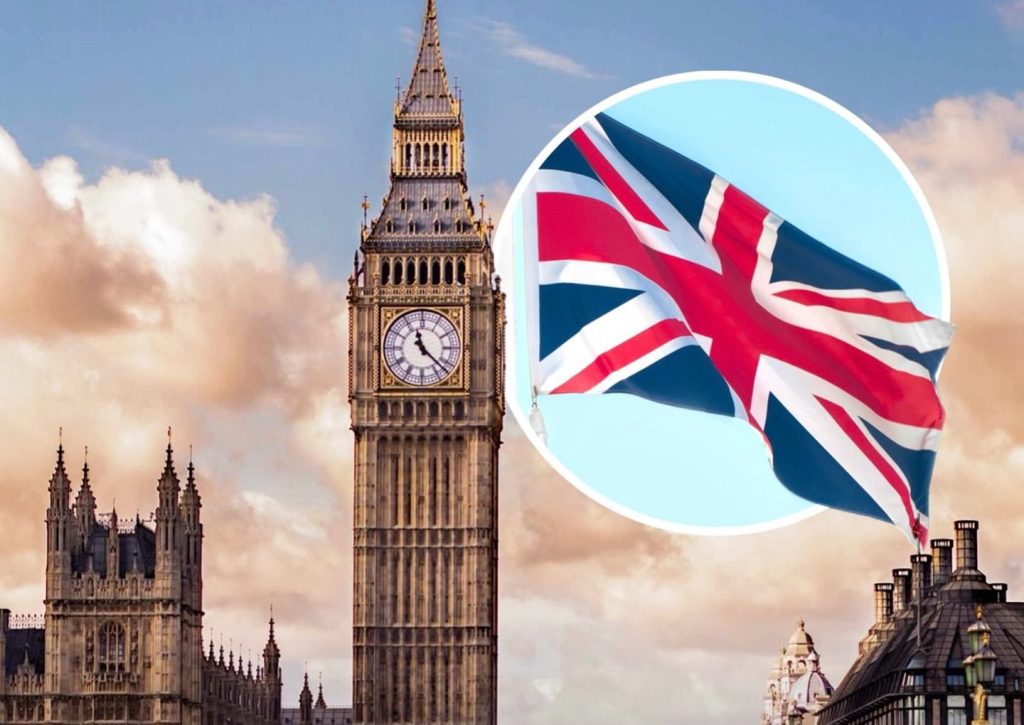The UK Just Ranked as the Second Most Miserable Country in the World — Here’s the Real Story Behind the Numbers
It’s not every day that a country so often celebrated for its historic charm, world-class cities, and cultural influence makes global headlines for something as sobering as this. Yet here we are — the United Kingdom, a nation often associated with royal pageantry, afternoon tea, and the iconic red buses of London, has just been ranked as the second most miserable country in the world. That’s right. Out of every nation surveyed, the UK landed in a spot only one place away from being the unhappiest on Earth. For many, it’s a shock. For others, it’s the validation of a feeling they’ve been living with for years.

The ranking comes from a global survey that measured people’s perceptions of their own lives, their happiness, and their outlook for the future. The data wasn’t just plucked from thin air — it took into account factors like the rising cost of living, political uncertainty, economic pressures, and declining public services. Taken together, it paints a picture of a country where the mood has been steadily darkening, even as the streets are lit up with holiday lights or bustling with summer tourists.
One of the biggest contributors to the UK’s low ranking is the relentless economic pressure that millions of households are feeling. The cost of living crisis, as it’s now commonly called, isn’t just a headline — it’s an everyday reality. Energy bills have skyrocketed, groceries have become more expensive, and rent prices have soared to record highs. For a growing number of families, even the basics are becoming harder to afford, and that constant financial strain eats away at happiness in ways that are both visible and invisible.
Political instability has also played a part in this collective gloom. Over the last several years, the UK has experienced a rapid turnover of leaders, contentious debates over Brexit, and deep divides over the country’s direction. For many citizens, it’s left a lingering sense of uncertainty — not just about politics, but about the future of the country itself. That kind of instability makes it harder to feel optimistic, and optimism is a key ingredient in any measure of national happiness.

Then there’s the state of public services, which have long been a source of pride in the UK but have been under increasing strain. The National Health Service, once hailed as one of the best healthcare systems in the world, has been struggling with funding gaps, staff shortages, and record wait times. Public transportation has faced strikes and disruptions. Even basic infrastructure in some areas has been neglected, leaving communities feeling forgotten. For people who rely on these services daily, the decline has been more than an inconvenience — it’s a slow erosion of trust in the system.
Of course, statistics only tell part of the story. Behind every percentage point and survey response are real people, living real lives. There’s the single mother in Manchester who works two jobs but still has to choose between heating her home and putting enough food on the table. There’s the elderly couple in rural Wales who haven’t been able to see a doctor in months because of appointment backlogs. There’s the young graduate in London working full-time but unable to afford a place to live without multiple roommates. These stories are scattered across the country, and together they form the human reality behind the “second most miserable” label.
It’s worth noting that misery doesn’t always mean hopelessness. Many people in the UK are still finding ways to build joy into their lives — in small moments, in community gatherings, in shared experiences. British resilience is famous for a reason. The same people who voice frustration with the state of things are often the ones volunteering at food banks, organizing local events, or speaking out for change. There’s a stubborn streak of hope that runs through the UK, one that no ranking can erase.

Some experts argue that the survey results might actually be a wake-up call. If the UK is sitting this low on the happiness scale, it’s a sign that something has to change — not just in policy, but in the way the country supports its people. That might mean bigger investments in healthcare and housing, more affordable energy solutions, and serious efforts to stabilize the economy. It might also mean a shift in priorities, putting well-being at the center of political decisions instead of treating it as an afterthought.
It’s also important to remember that while rankings like this grab headlines, they don’t define a nation’s identity. The UK is still a place of rich history, vibrant culture, and breathtaking landscapes. From the Scottish Highlands to the cliffs of Cornwall, from the music festivals of Glastonbury to the Christmas markets of Birmingham, there’s a wealth of life and beauty here. But the truth is, beauty alone can’t balance the scales when daily life feels like an uphill battle.

If there’s one thing that this ranking makes clear, it’s that happiness isn’t just about having iconic landmarks or a strong passport — it’s about how people feel in their everyday lives. Right now, too many people in the UK feel stressed, overlooked, and worn down. And until those feelings are addressed, the country’s place on that list may not change.
For the people who call the UK home, the hope is that this moment becomes a turning point rather than just another grim statistic. That in the years ahead, the conversation shifts from what’s gone wrong to what’s being done right. That “second most miserable” becomes a footnote in history, replaced by a narrative of recovery, resilience, and renewed optimism. Because for all its current struggles, the UK is still a nation with immense potential — and potential is the first step toward change.


